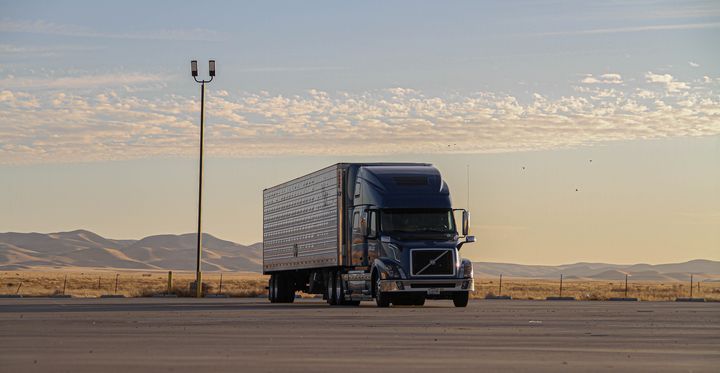
If you suffered an injury in an accident with a semi-truck, you may have several questions about the truck accident lawsuit process.
Generally, there are four major steps in a truck accident claim: determining liability, calculating damages, negotiating, and litigating.
While the first couple of steps may be doable on your own, you may run into difficulties if the party responsible refuses to negotiate. If that happens, our truck accident attorneys can help fight for the compensation you need to recover.
1. Determining Liability
To bring a tractor-trailer accident lawsuit, you must show the liability of the party responsible—just like any other accident claim. However, proving liability in a truck accident lawsuit tends to be more complicated than in a standard auto accident.
This is because there are a number of parties who may be at fault other than the driver. If the company inspecting the truck failed to replace a damaged part, it might be liable.
Maybe the trucking company urged the driver to skip their breaks in violation of Federal Motor Carrier Safety Administration (FMCSA) regulations. Whatever the case may be, it’s important to determine who’s liable for the accident before building your claim.
2. Calculating Damages
The next step in the truck accident lawsuit process is calculating damages. These damages fall into one of two categories: economic or non-economic. Each type plays an essential role in your semi-truck accident lawsuit.
Economic damages are the monetary losses you sustain as a result of the accident. The economic losses in a truck accident usually consist of bills for medical treatment. However, they also include things like lost wages, repairs to your vehicle, and more.
In contrast, non-economic damages are the intangible losses resulting from the crash. Pain and suffering, mental anguish, loss of companionship, and other losses are common in this category.
3. Negotiations
During your 18-wheeler accident lawsuit, it’s likely that the truck company will try to negotiate a settlement. However, unlike regular motorists, the FMCSA requires truck owners to carry a minimum of $750,000 of bodily injury insurance coverage.
This means that it may be possible to pursue most of your compensation through the truck company’s insurance policy. Keep in mind that this depends on the liability of the truck company for your accident.
If evidence shows a third-party mechanic or other entity as negligent, it may not be as straightforward. This is why it’s important to hire a truck accident lawyer who knows the different avenues for seeking compensation.
4. Litigation
There are a few scenarios where pursuing a truck accident lawsuit may be necessary. Here are some common situations where claimants may decide to file a lawsuit for a truck accident:
- The statute of limitations is about to expire,
- The parties responsible don’t agree on their liability,
- Your damages exceed the limits of the truck company’s insurance policy,
- The trucking company violated a state or federal regulation,
- The driver or company refuses to share critical evidence, or
- The insurance company keeps making low settlement offers.
Keep in mind that many cases settle before they go to trial. However, it’s still possible that the defense will take a chance on going to court. That’s when you really need an experienced truck accident attorney on your side.
Injured in a Truck Accident? Contact One of Our Attorneys Today
Truck accidents are among the most traumatic and devastating crashes out there. Don’t try to fight for the compensation you need alone. At Tawney, Acosta & Chaparro P.C., we help manage every step of your case from start to finish.
Our truck accident settlements and verdicts speak to our commitment to personal injury victims. Contact one of our offices today to schedule a free consultation. We happily serve clients throughout the states of Texas and New Mexico.

